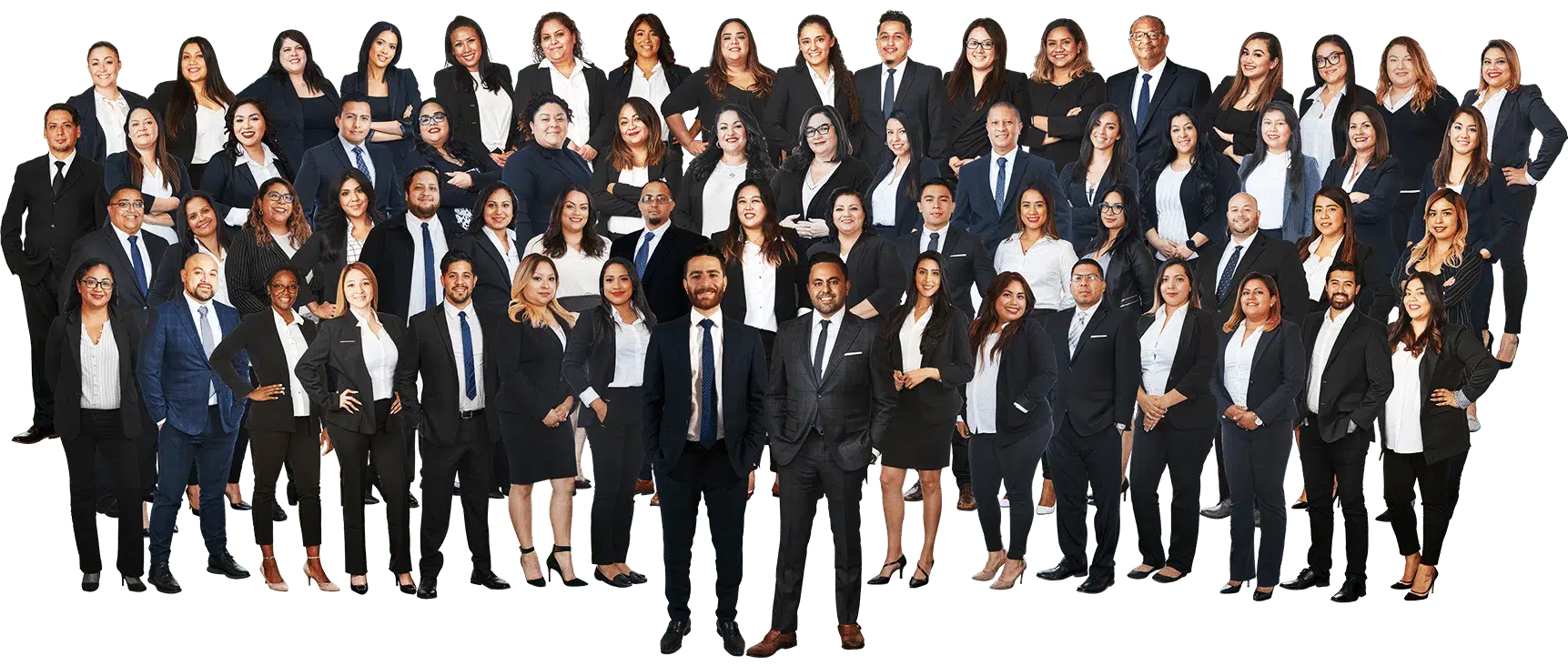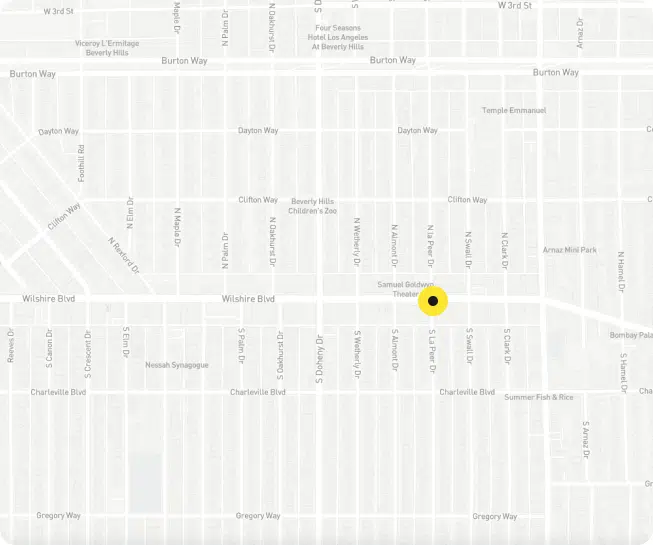CALIFORNIA LEMON LAW ADVOCATES, CALL (323) 675-3282 FOR YOUR FREE CASE EVALUATION - AVAILABLE 24/7.

Call (800) 917-7147 now for your free case evaluation or contact us online. We are available 24/7 to answer your questions. Find out if your vehicle qualifies and start the process to get relief through the California Lemon Law today.
California’s Lemon Law, known better as the Song-Beverly Consumer Warranty Act, protects Fresno consumers who purchase or lease defective vehicles that fail to meet warranty standards. If a vehicle has a substantial defect that the manufacturer or its authorized dealer cannot fix within a reasonable number of repair attempts, the law may require the manufacturer to provide a buyback, replacement, or cash compensation.
Lemon Law claims in Fresno follow California’s statewide legal standards, but cases often involve local dealerships serving Fresno and the surrounding Central Valley. When disputes are not resolved informally, claims may proceed through the Fresno County Superior Court or other appropriate California courts, depending on the circumstances of the case.
California Lemon Law covers serious vehicle problems. These are issues that affect how the car drives, what it’s worth, or whether it’s safe. Many cases involve engine or transmission trouble. Others deal with electrical failures, brake or steering problems, or warning lights that won’t stay off. Software and infotainment issues also come up more often than people expect.
The law covers a variety of new cars, trucks, and SUVs. There's also protection for motor homes, motorcycles, and other recreational vehicles. Used vehicles still under warranty, and certain leased vehicles, are also covered, making it a powerful consumer protection tool for drivers throughout Fresno and the surrounding Central Valley.
California Lemon Law doesn’t favor one brand over another. Any car, truck, SUV, or van can qualify if it has a defect that affects its use, safety, or value, and the manufacturer cannot fix it after a reasonable number of attempts.
We handle cases involving Ford, Toyota, Chevrolet, Honda, Nissan, Hyundai, Kia, Jeep, Ram, GMC, Volkswagen, and many other makes and models. Both new vehicles and used cars covered under the Lemon Law may be eligible.
Qualified claims can lead to vehicle buybacks, replacements, or cash compensation. Some defects may involve car recall information that also affects your claim.

It's one of the biggest questions we hear from clients. What cars qualify for Lemon Law?
In California, Lemon Law isn’t limited to certain brands or models. Any vehicle can qualify if it was sold or leased with a manufacturer’s warranty and continues to have serious problems that aren’t being fixed. We routinely handle cases involving Ford, Toyota, Chevrolet, Honda, Nissan, Hyundai, Kia, Jeep, Ram, and GMC, but those are just examples.
What matters is the problem itself. If your vehicle has a defect that affects how it drives, how safe it is, or what it’s worth, and the manufacturer has had multiple chances to repair it, you may have a valid claim. This applies to new vehicles and many used vehicles that were still under the original factory warranty when the issues began.
Some manufacturers appear more often simply because certain defects show up repeatedly. But under California law, your rights depend on the qualifications, not the badge on the hood.
| Vehicle Age | Coverage Eligibility | Common Issues | Legal Remedies | Time Limits |
|---|---|---|---|---|
| New Vehicles | Covered under full manufacturer warranty | Engine or transmission failures, electrical problems, braking or steering defects, persistent warning lights | Buyback, replacement, or cash compensation | Claims must be filed within the warranty period and per California Lemon Law timelines |
| Used Vehicles | Covered if still under original manufacturer’s warranty at the time of defect | Same as new, plus issues from prior repairs or wear | Buyback, replacement, or cash compensation | Must meet warranty and defect timelines; filing deadlines may be shorter than new vehicles |
If you think your vehicle might be a lemon, what you do next matters. Taking the right steps early can protect your rights and strengthen your claim.
Keep copies of every repair order.
Save service invoices tied to the problem.
Hang onto your warranty paperwork.
Write down notes about the issue (when it happens and what it does to your car).
Track each dealership visit, especially if the same problem keeps coming back.
Take photos or videos if it helps show the problem.
Learn the basics of California Lemon Law.
Check your warranty and repair records to see if the manufacturer had a fair chance to fix it.
Know the difference between rules for new and used vehicles.
Understand how many repair attempts count and the time limits for filing.
Look into how Fresno dealerships and courts handle claims.
Think about what compensation might apply (buybacks, replacements, or attorney fees).
Gather all your paperwork: repair orders, invoices, warranties, and notes.
Set up a free case evaluation to see if your car qualifies.
Be honest and clear about the problems and your repair history.
Follow your attorney’s directions for sending documents and talking to the manufacturer.
Keep copies of all emails, letters, and messages.
Respond quickly to your attorney so your case moves along.
Watch deadlines carefully—missing them can hurt your claim.
Most lemon law attorneys in Fresno offer free case evaluations, so you can get answers without any upfront cost. If your case is successful, California law may require the manufacturer to pay your attorney’s fees. You can get more answers from our Lemon Law blog.
Briefly fill out our quick online form or skip the wait and call 1(855) 783-9911
We evaluate your claim, contact the manufacturer, and negotiate a favorable settlement for you.
We’ll squeeze every last cent from your car’s manufacturer.
If you suspect that your vehicle might be a lemon due to continual defects, here's a straightforward guide to help you navigate the process.
Going up against a vehicle manufacturer on your own can be overwhelming. They know the law, the process, and how to slow things down. A lemon law lawyer levels the playing field.
Fresno lemon law attorneys understand California Lemon Law and how these cases are handled locally. They deal with the paperwork, deadlines, and manufacturer pushback, while working to recover the maximum compensation available.
Most lemon law lawyers in Fresno offer free case evaluations, often available 24/7. If your case is successful, the manufacturer typically pays the legal fees, so you have nothing to lose.
If your lemon vehicle has persistent problems, you probably have questions. In this FAQ, we cover how major auto manufacturers handle defective cars, what to expect from the buyback process, and your rights under California Lemon Law.
Your vehicle may qualify if it meets lemon law eligibility under the Song-Beverly Consumer Warranty Act and the manufacturer fails to fix a significant defect after a reasonable number of attempts.
While you can file a claim yourself, an experienced lemon law attorney can maximize your compensation and handle complex paperwork. Most law firms offer a free consultation to review your case and explain your options.
Under California’s lemon law statute of limitations, you generally have four years from the date the defect was discovered to file a claim against automobile manufacturers. Contact a Fresno attorney offering legal services to ensure your claim is filed on time.
Yes, many used cars are covered if they are still under the manufacturer’s warranty. You’ll need the necessary documentation, like repair orders and warranty papers, and an attorney can provide assistance in filing a claim and protecting your rights.
To handle a lemon law claim effectively, look for a dedicated team with experience in California Lemon Law. Check client reviews and referrals to see which attorneys are highly recommended for helping Fresno drivers.
Phone: (855) 939-4836
FAX: (800) 123-4567
E-mail: [email protected]

© The Lemon Pros © 2026. All rights reserved.
Attorney Advertising. Prior results do not guarantee a similar outcome. This website is for informational purposes only and does not constitute legal advice. No attorney-client relationship is formed by viewing or using this website. For legal advice, please schedule a consultation.